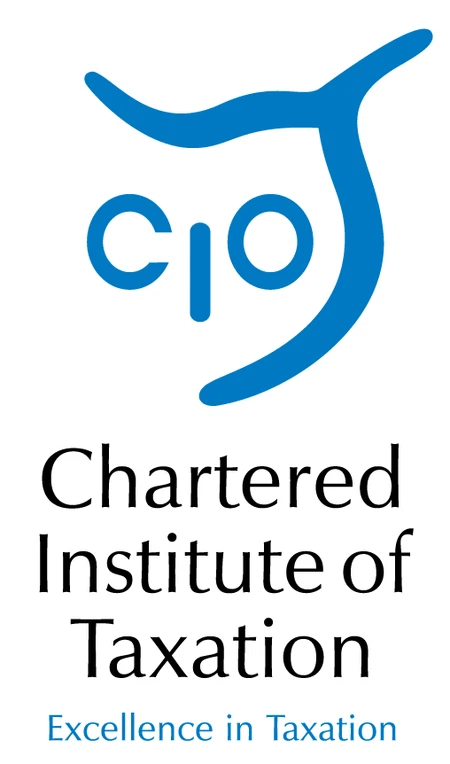Finance Cost Relief for Residential Lets
Historically, landlords have enjoyed generous income and capital gains tax reliefs which helped make residential property an attractive investment for those looking to add to their monthly incomes or provide for retirement. But over the years the Treasury has eroded these reliefs, both income and capital.
You might remember mortgage interest relief at source, which encouraged home ownership by offering tax relief for interest payments on a mortgage.
This was abolished in 2000 but those who bought residential lets could deduct interest payments from their property rental profits in full and reduce their tax liability on their residential let.
However, in 2015, the Government announced plans to cut back this tax relief by restricting the amount of income tax relief landlords could get on residential property finance costs. The changes kicked in on 6 April 2017 and were phased in over four years, in order to give landlords the time to adjust gradually, with the full changes taking effect in 2020/21.
For many over the past three years, this resulted in an increasing tax liability as their ability to deduct mortgage interest payments from their rental profits has been reduced from 100% to nil.
Recent changes to income tax relief
From 6 April 2017, the amount of income tax relief landlords could get on residential property finance costs was restricted to 20% – the basic rate of income tax.
These changes affected anyone letting a residential property as an individual, a partnership, or in a trust. As a result, landlords can no longer deduct all of their finance costs from their property income to arrive at their property profits.
Instead, they receive a basic-rate reduction from their income tax bill for their ‘finance costs’, which includes:
- mortgage interest
- overdrafts
- interest on loans to buy furnishings
- fees and any other incidental costs incurred when taking out or repaying mortgages and loans
- discounts, premiums and disguised interest.
Not all residential lets have been affected by the introduction of this finance cost restriction.
If the property is let through a UK resident or non-UK resident company, or if the property is a furnished holiday let, relief for interest and other finance costs remains unchanged. Commercial property lets are also unaffected. If you have a loan for both residential and commercial properties, you will need to work out a reasonable apportionment of the interest to calculate your finance cost for the residential property as the element relating to the commercial property remains fully deductible.
The basic-rate tax credit
It was previously possible to deduct some of the finance costs when working out the property rental profits.
The basic-rate tax reduction works by using some of the finance costs to calculate the property profits, with the rest used to work out the basic-rate reduction.
In 2017/18, a landlord could deduct 75% of finance costs from their profits before tax, with the remaining 25% used to work out the tax credit.
In 2018/19 this changed so that 50% of finance costs were deductible and 50% were available for the tax credit, then in 2019/20, the deductible amount decreased to 25% and the proportion used for the tax credit increased to 75%.
As of 2020/21, landlords can no longer deduct finance costs from their profits, and can instead claim the basic-rate tax deduction on 100% of the costs.
The basic-rate deduction is up to 20% of the disallowed finance costs. Examples of the deduction being restricted include:
- When property profits are less than finance costs, the deduction is limited to 20% of the property profits. The reduction does not reduce tax on other sources of income.
- When there are property losses brought forward, they must be set against property profits and could reduce the taxable profit to less than the finance costs. Here the deduction is limited to 20% of the taxable profits.
- When total income (excluding any savings or dividend income) is low, so that some or all of the rental profits fall within the personal allowance, the deduction is restricted to 20% of the profits that are actually taxed.
How the tax credit works
When there is a restriction, any finance costs not used to calculate the basic-rate deduction in one year can be carried forward and added to the finance costs of the following year.
The change can lead to some unforeseen complications. For example, if you currently pay income tax at 20%, you might find you are nudged into the 40% higher-rate band once the finance costs are disallowed in your rental accounts.
The knock-on effect of becoming a higher-rate taxpayer will then depend on your personal
circumstances, other income, capital gains and other reliefs.
For instance, if you are claiming tax credits or if you or your partner claim child benefit and the change takes your income above £50,000 then your child benefit can be clawed back
under the high-income child benefit charge.
It may be worth trying to reduce your taxable income by making pension contributions if you are likely to become a higher-rate taxpayer as a result of the change.
In order to appreciate the effect of this restriction and how it is calculated, it is best illustrated through an example.
Example
Tom is a self-employed individual with income of £35,000 and rental income from his residential property let of £18,000 a year. His total annual income before deductions is £53,000.
He deducts mortgage interest of £8,000 a year and other allowable expenses of £2,000 a year, which reduces his total annual income to £43,000 before tax.
Note the personal allowance and basic-rate tax bands used in the example are those in force in 2020/21, as this allows the example to focus on the effect the finance cost restriction alone makes to the individual tax liability.
Before the restriction (2016/17)
After deducting the personal allowance of £12,500 Tom was able to protect this amount from income tax, resulting in £30,500 of his total annual income being liable to income tax.
As this figure fell into the 20% basic-rate band for income tax, Tom’s income tax bill came to £6,100 (20% of £30,500 = £6,100).
After the restriction (2020/21)
Fast forward four years and Tom can no longer deduct the entire £8,000 in mortgage interest, although his other allowable expenses of £2,000 remain deductible.
Not being able to deduct his mortgage interest sees his total annual income increase from £43,000 in 2016/17 to £51,000 in 2020/21. After deducting his personal allowance of £12,500
Tom will be taxed on the remaining £38,500.
This first £37,500 is taxed at the 20% basic-rate (£7,500) and the remaining £1,000 attracts the 40% higher-rate of income tax (£400) – £7,900 in total.
With the basic-rate tax credit allowing Tom to deduct 20% of his finance costs (£8,000 x 20% = £1,600), his income tax bill for 2020/21 would be £6,300.
Calculation
The tax reduction is calculated as 20% of the lower of:
- finance costs (100% of £8,000) = £8,000
- property profits = £16,000
- adjusted total income (exceeding the personal allowance) = £38,500
- The lowest amount is finance costs, so £8,000 x 20% = £1,600 tax reduction.
Tom becomes a higher-rate taxpayer because of the change as his total income is more than the higher-rate threshold of £50,000. Tom has an additional £200 tax to pay.
As Tom is claiming child benefit for two children, he also has to pay a high-income child benefit charge on top of this – because his total income is now over £50,000.
So that’s us. What about you?
Drop us a line to discuss all things business, from your aims and ambitions to improvements you’d like to make in the short-term. We are here to help, so contact us to make a no-obligation appointment.
Meet our experts
Philip Handley FCA
Director - Audit & Assurance Services and Forensic Accounting & Litigation Support
Derby






